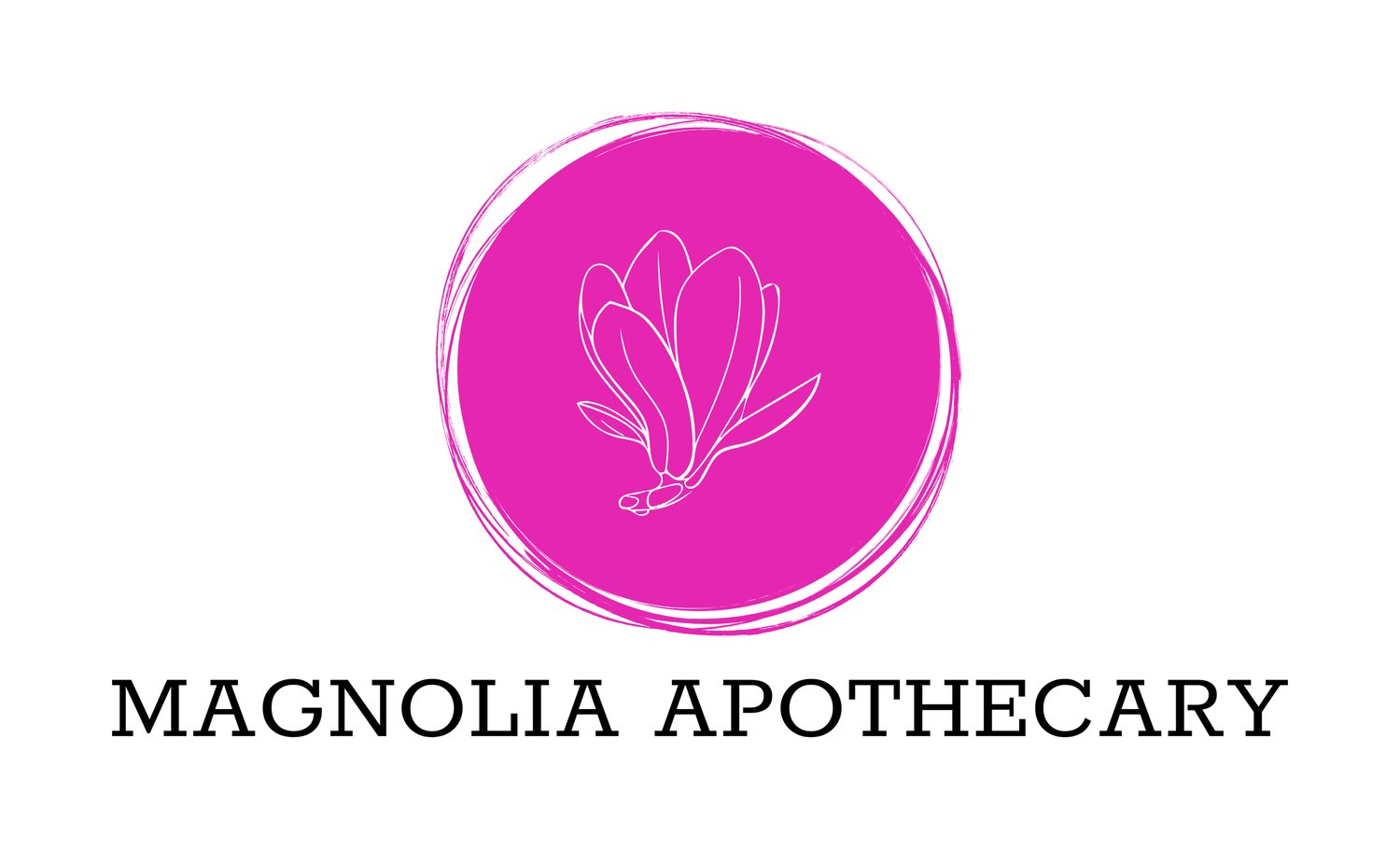Strong Women
Women's Health Week = Strong Bodies
September 4th to 8th is Women's Health Week. When you see the words in the image I wonder what they mean to you?
For me these words are not about being tough and strong, but about having a strong body, especially as we age. Strong bodies are important to good health.
A strong body that has more muscle mass becomes more important as we get older. Higher muscle mass leads to a host of positive health outcomes including:
Higher bone density (less chance of fractures)
Better metabolic metabolism
Reduced risk of chronic disease
Better gut health
Better illness recovery
More physical ability.
It seems like a mute point but if you are more active then you remain more independent as you age. Watching my own parents lose independence because of fragility and physical ailments has increased the importance of a strong body for me.
Does that mean you have to be a gym junkie?
No it doesn't, but some kind of weight bearing exercise, especially for women over 50, is really important. This helps to keep your muscle mass higher and again leads to much better health outcomes.
What helps to build muscles alongside a good exercise regime is good nutrition. Protein is the key macro nutrient for muscle building, and it is generally the most deficient nutrient in most diets I see.
I cannot emphasize the importance of appropriate levels of protein in you diet. Not only does it help with your muscles but it also helps with:
Gut health
Mental Health
Hormone production and metabolism
Improves your immunity
Helps to repair tissue damage
Quality sleep
and the kicker for some is that it helps with weight loss.
So if you would like to know more about protein, how much you should have and where to get it, download the handout below.
Happy Womens Health week!
Make sure you take some time this week to assess what you are doing for your own health journey.
And remember if you need help with your health journey then book in for a free 15 minute consult.
